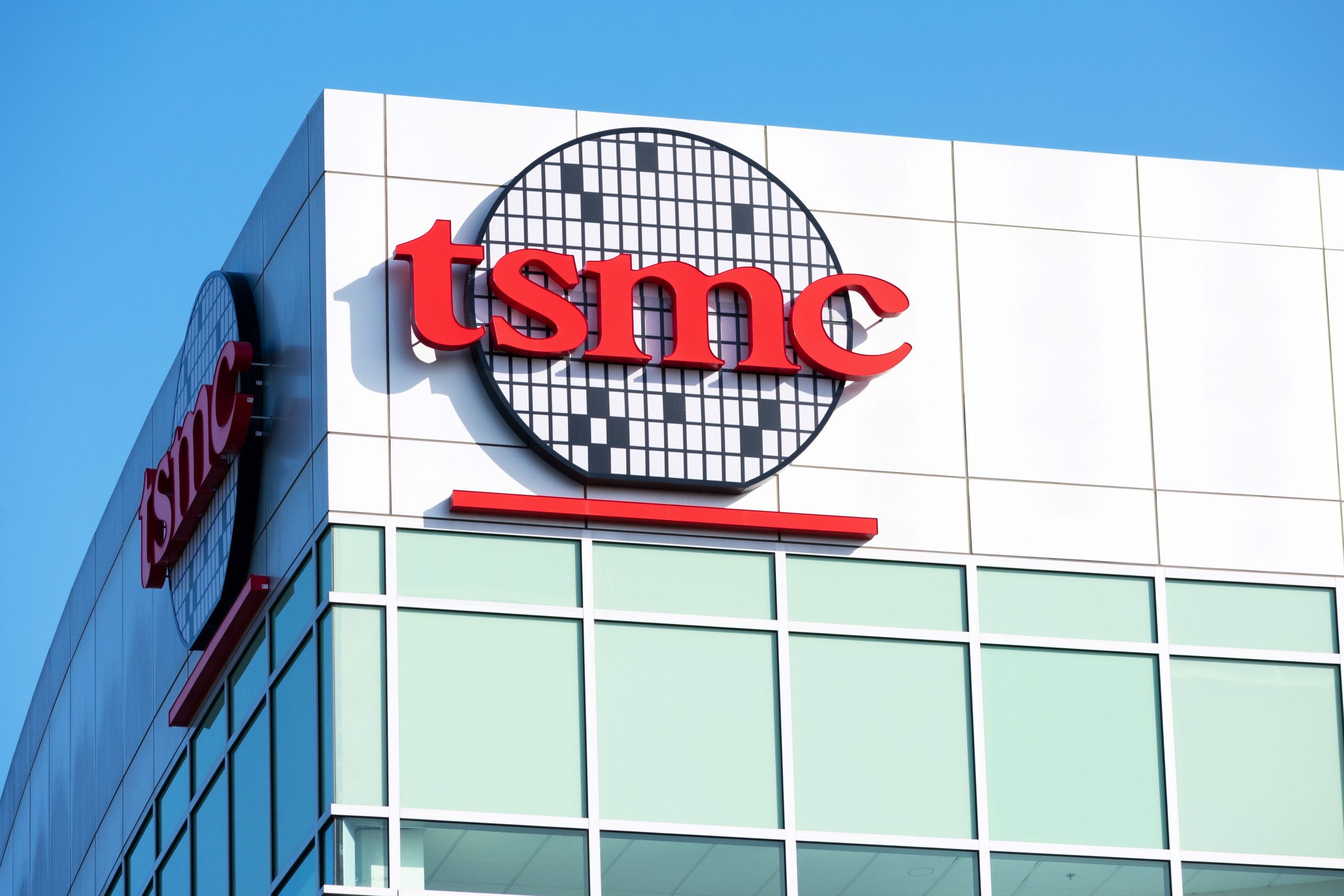
Japan plans to make $10bn of additional funds available in subsidies for Taiwan Semiconductor Manufacturing Company’s (TSMC) factory in Kumamoto and domestic chip venture Rapidus Corp, the secretary general of the Liberal Democratic Party, Yoshihiro Seki, said.
TSMC would receive $6bn and Rapidus Corp $4bn.
In July this year, TSMC announced it would postpone a $40bn expansion to its Arizona site during its quarterly earnings call which saw profits fall for the first time in four years.
TSMC’s second Japanese factory is expected to cost $13bn and will produce 2-12 nanometer logic chips.
TSMC recorded, in July this year, a revenue fall of 10% compared to numbers last year. Overall, the company’s second-quarter earnings have seen a 23% decline.
TSMC is the world’s largest chipmaker and ranked eighth overall on GlobalData’s 2023 Q1 thematic scorecard for semiconductor manufacturers.
How well do you really know your competitors?
Access the most comprehensive Company Profiles on the market, powered by GlobalData. Save hours of research. Gain competitive edge.

Thank you!
Your download email will arrive shortly
Not ready to buy yet? Download a free sample
We are confident about the unique quality of our Company Profiles. However, we want you to make the most beneficial decision for your business, so we offer a free sample that you can download by submitting the below form
By GlobalDataJapan is already providing Y476bn ($3bn) in subsidies for TSMC’s Kumamoto factory and Y330bn for Rapidus in Hokkaido.
Japan’s government has also promised to donate $20m towards promoting science and engineering within its universities. The government also plans to introduce schemes to help students from middle-income households enter higher education.
The EU announced in July that it will strengthen its cooperation with Japan on the production of semiconductors – as countries move to decrease their dependence on China.
Japan and the EU will be working together to trade research and engineers, as well as monitor overall chip supplies, said Thierry Breton, European Commissioner for Internal Market.




